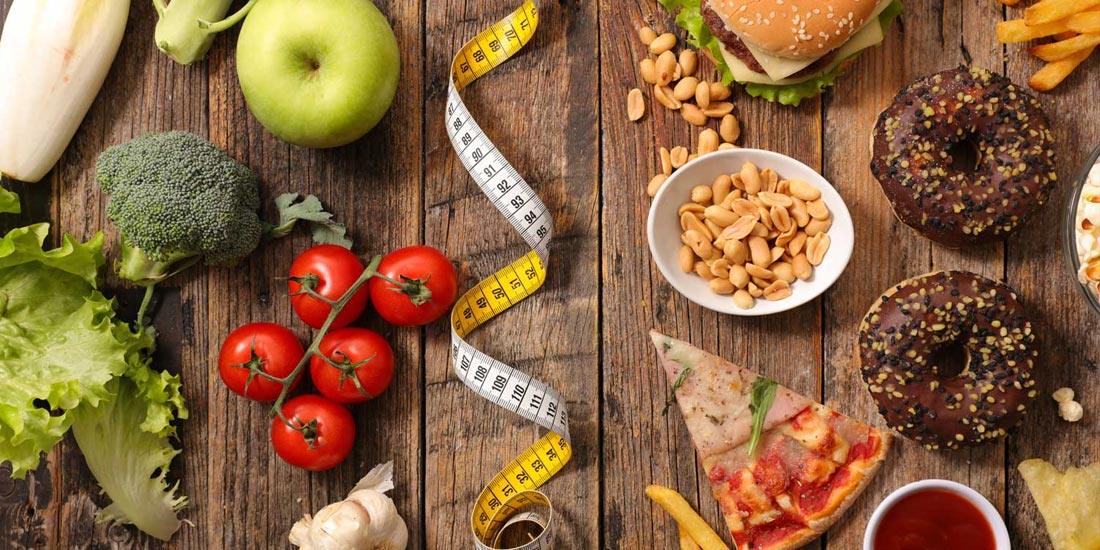

The building blocks of protein, called amino acids, have very unique roles and crucial functions throughout the body.
Protein is one of the most abundant nutrients in the body, allowing for proper structural, biochemical and neurochemical function (neurotransmitters). These neurotransmitters (NTs) act as messengers to and from the body’s nervous system, which includes your brain, spinal cord and all nerves that run throughout your body (peripheral nervous system, and enteric nervous system in your gut).
These are very crucial messenger systems that drive the majority of behaviour and mood response. NTs rely heavily on protein for adequate synthesis and regulation, and cravings can be directly correlated with these levels, and prevalence or deficiency of certain types of brain chemicals.
First of all, we need to remember that cravings are usually only a mental drive to eat something stimulating. Often relating to addiction, emotional issues, stress or imbalanced NTs.
Key Amino Acids To Combat Cravings
Glutamine – Key for Glutamate and GABA production in the brain, as well as muscle repair, immune function and gut cells, glutamine is a very important amino acid. If you have a low protein diet, are sick or wounded, have gut inflammatory problems, or exercise frequently, you most likely need additional glutamine. Although the body can create some, often we benefit greatly from supplementing, and this is why this amino acid is called ‘conditionally essential’. It becomes essential that we consume it in certain conditions. There are common dietary sources in animal products and plant foods, but supplementing with L-Glutamine in times of physical stress can help to maintain a more relaxed mood (GABA), build muscle, support your immune system, and heal your gut.
Tryptophan – Is an essential amino acid and is a precursor to serotonin production. It is found in all high protein foods – nuts, eggs, salmon, poultry, etc... Serotonin is mostly produced in the gut, but a smaller amount if produced in the brain. It plays a large role in gut motility, appetite regulation and good mood. So, if you are deficient in serotonin, you may experience constipation, a desire to over eat (especially carb cravings), and low mood, anxiety, OCD and depression. Tryptophan relies on glucose (carbohydrates/sugars) to cross the blood brain barrier. This can be another reason why, therefore, if we have low blood sugar levels our mood can be depressed or we can struggle to fall asleep. Some people are less susceptible than others to low serotonin. It does depend on genes and gut microbiome. However, ensuring healthy sources and adequate amounts of protein and carbohydrates together will assist in the production of serotonin.
Tyrosine – Is also an essential amino acid, and is the precursor to dopamine, another NT. Dopamine plays a large role in motivation, reward and addiction. Drugs, sugar, and other elements of food can stimulate this reward pathway, and over time create stronger addictions. As dopamine rises from a lot of stimulation (drugs, junk foods, screens, electronic gaming, etc…), the receptors that enable dopamine to be used are then reduced, and dopamine production in slowed. This can therefore, create a state of depression, lack of motivation, or high cravings after excessive stimulation in order to get that good feeling again. So, then, you need more and more of whatever gave you that high. This can also happen with things like social interactions, exercise, career reward systems, partying or travelling, etc… But, when these things are combined with oxytocin that is released from close bonding and loving relationships, it helps to counter the addictive nature of dopamine, which is very ‘me’ focused. Protein is crucial to protect these processes, as enough tyrosine will enable efficient dopamine production. Also, a diet focused on good protein sources, and reduced sugar, will enable you to have stable blood sugar levels and prevent food addictions with highs and lows.
So, here are some things you can do to prevent cravings:
- Avoid added sugars as much as possible. Instead, get your carbohydrates from root vegetables, fruit, nuts, seeds, legumes and minimal grain.
- Focus your meals on lots of green vegies, and good protein sources like organic eggs, grass-fed meats, wild caught fish, nuts, seeds, and legumes.
- Supplement with a good quality protein powder if you exercise and train regularly. Depending on your training regime, 1-2g of protein per kg of bodyweight can be beneficial, especially if you need to maintain mood, lose fat and build muscle. So, for example, for a 60kg woman who does weight training and exercising 3-6hrs per week, protein intake could be 60-120g per day.
- Ensuring lots of vegetables, dark leafy greens, sea vegetables, and mineral-dense foods, will help to regulate blood sugar levels, mood and cravings, also.
- Monitor your fat intake, and focus on getting lots of good fats from sources like coconut oil, olive oil, walnuts, flaxseeds, hemp seeds, organic eggs, wild-caught fish, or grass-fed meat.
Remember, cravings are a bodily reaction for stimulation which can be curbed through mental training and proper eating. If you need to supplement your current nutrition plan protein powder or amino acids, take a look at our wide range of sports and bodybuilding supplements today so you can order them at the lowest prices in the country!










